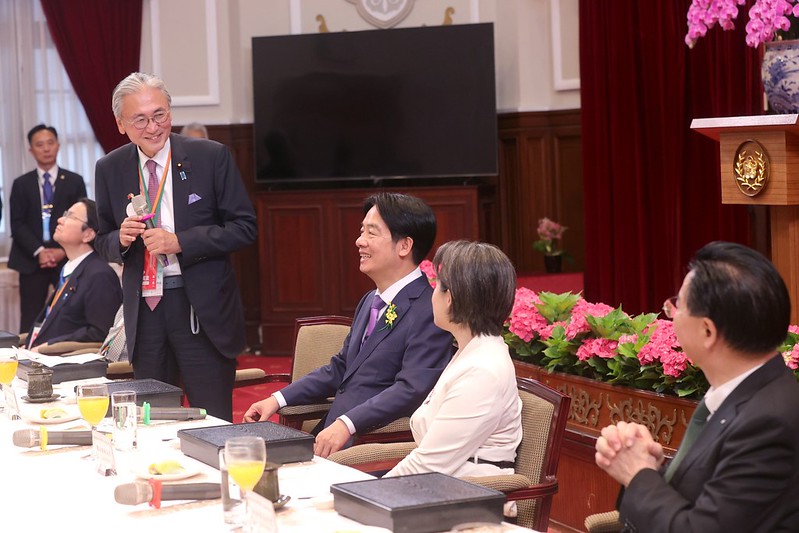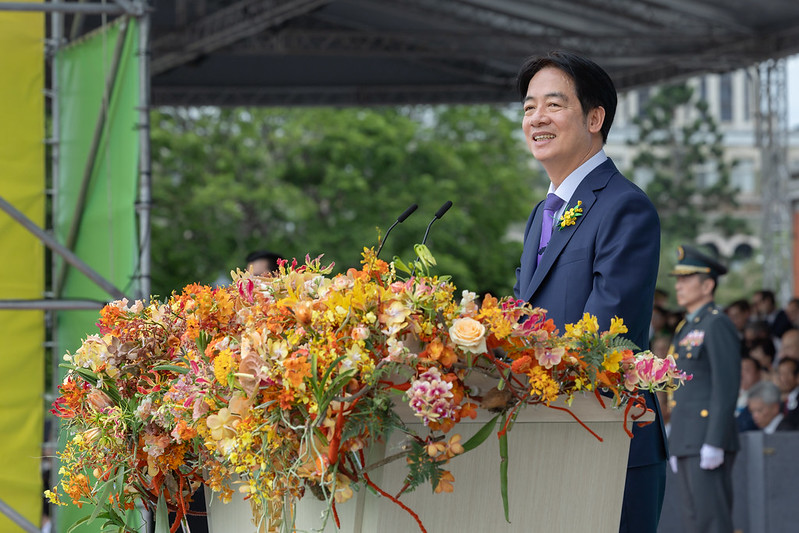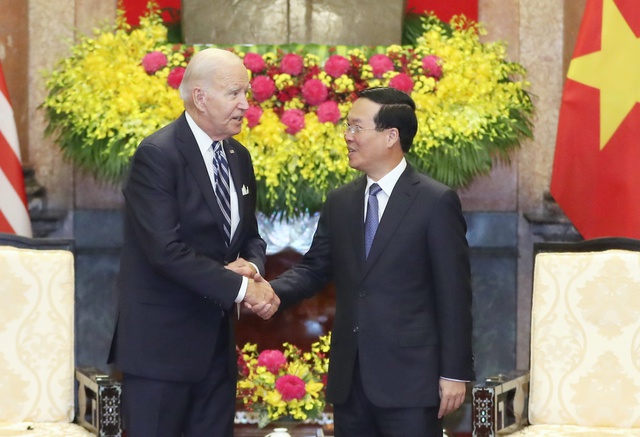| By Eliana Pisons |
New President in Taiwan Navigates Tense Cross-Strait Relations
On May 20, 2024, Lai Ching-te, also known as William Lai, was inaugurated as the new President of Taiwan, succeeding Tsai Ing-wen. Lai, a member of the Democratic Progressive Party (DPP), is known for his pro-independence stance, although he has moderated his rhetoric in recent years to emphasize maintaining the status quo in cross-strait relations with China.
Lai’s inauguration marks a critical moment for Taiwan, especially in the context of its relationship with China. Beijing views Taiwan as a breakaway province and has expressed strong opposition to Lai’s presidency, citing his past pro-independence comments. Consequently, China is expected to continue its pressure campaign against Taiwan through military drills and economic measures.
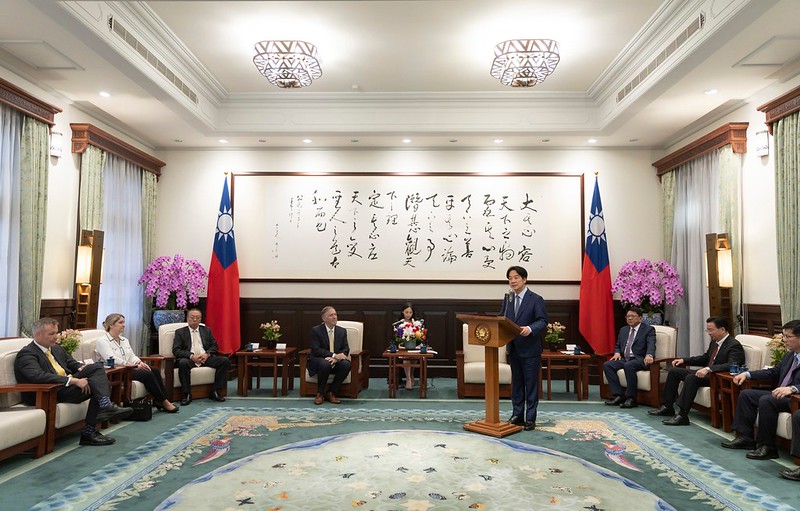
National Election, International Impact
The impact of Lai’s presidency extends beyond cross-strait relations, significantly influencing the broader Asia-Pacific region, including Japan. Japan, a close ally of Taiwan and a key player in regional security, has a vested interest in maintaining stability in the Taiwan Strait. Japan has supported Taiwan’s democratic governance and its right to participate in international organizations. Lai’s commitment to strengthening Taiwan’s defense capabilities and his alignment with democratic values resonate well with Japan, potentially leading to deeper security cooperation between the two nations.
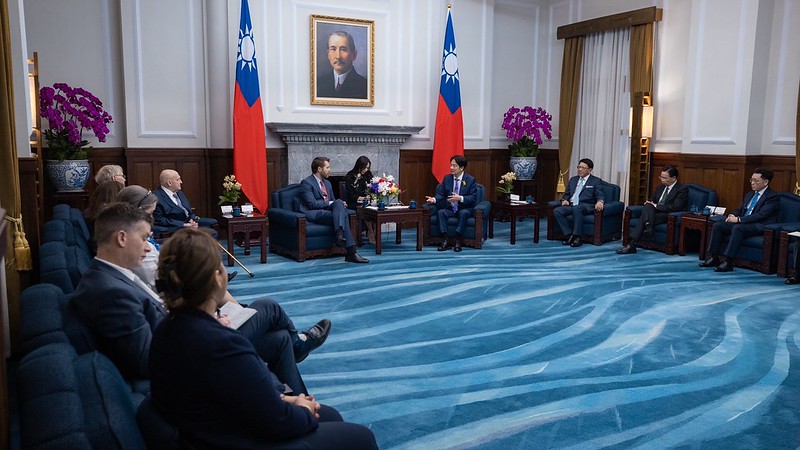
For Asia, Lai’s presidency underscores the geopolitical tensions between democratic and authoritarian governance models. Taiwan’s stance as a beacon of democracy in the region, under Lai’s leadership, highlights the ongoing struggle for influence between the United States and China. Countries in Asia will be closely monitoring how Lai navigates his relationships with both superpowers, balancing Taiwan’s need for security and economic stability while asserting its sovereignty.
Shaping Regional Stability and Strategic Dynamics
Lai Ching-te’s inauguration as Taiwan’s president is a significant development with implications for regional stability, Japan-Taiwan relations, and the broader geopolitical dynamics in Asia. His administration’s policies will play a crucial role in shaping the future of cross-strait relations and the strategic landscape of the Asia-Pacific region.
